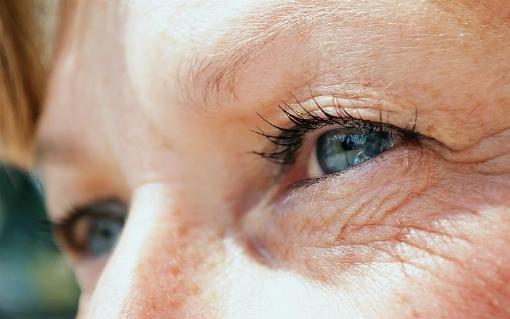Eyestem to start human trials for pioneering dry AMD treatment
April 02, 2024 | Tuesday | News
Eyestem’s Eyecyte RPE™ therapy aims to replace lost or damaged retinal pigment epithelium (RPE) cells
image credit- shutterstock
Eyestem, a Bengaluru-based cell therapy company at the forefront of regenerative therapy, has received approval from India’s Central Drugs Standards Control Organisation (CDSCO) to commence human trials for Eyecyte RPE, aimed at combating geographic atrophy arising from dry age-related macular degeneration (AMD).
Dry AMD, a leading cause of vision loss in the ageing population of people over 50, has long been a challenge due to the limited availability of effective treatments and the high costs associated with emerging therapeutic options. However, Eyestem’s Eyecyte RPE™ therapy, which aims to replace lost or damaged retinal pigment epithelium (RPE) cells, represents a transformational shift in aiming to tackle the disease. It aims to preserve and potentially improve sight for patients in the early stages of dry AMD and arrest vision loss for those in the later stages.
“There is no treatment for geographic atrophy (GA) secondary to dry AMD anywhere in the world that can offer the potential of improvement in vision. I am hopeful that we will be able to demonstrate safety/efficacy for our product and eventually bring succour to millions of patients in India and abroad,” remarked Dr Rajani Battu, Chief Medical Officer, Eyestem.
India has 40 million patients who suffer from dry age-related macular degeneration (dry AMD). Worldwide, the number of dry AMD patients is about 170M. The more severe version of this disease is geographic atrophy, which is one of the largest causes of legal blindness for people over 50 years of age. As of now, no therapy is available that can aim to arrest and reverse the loss of vision associated with the same.









